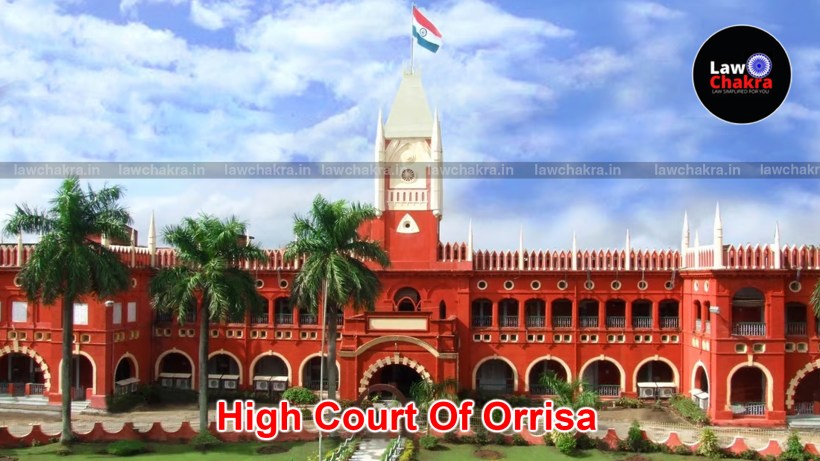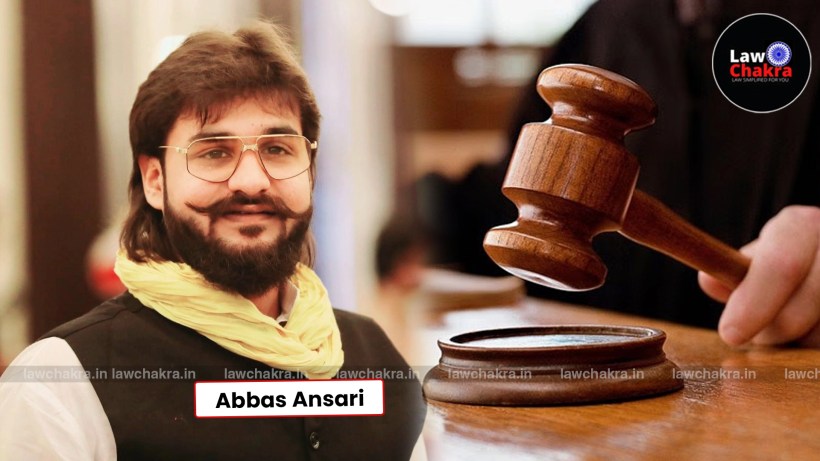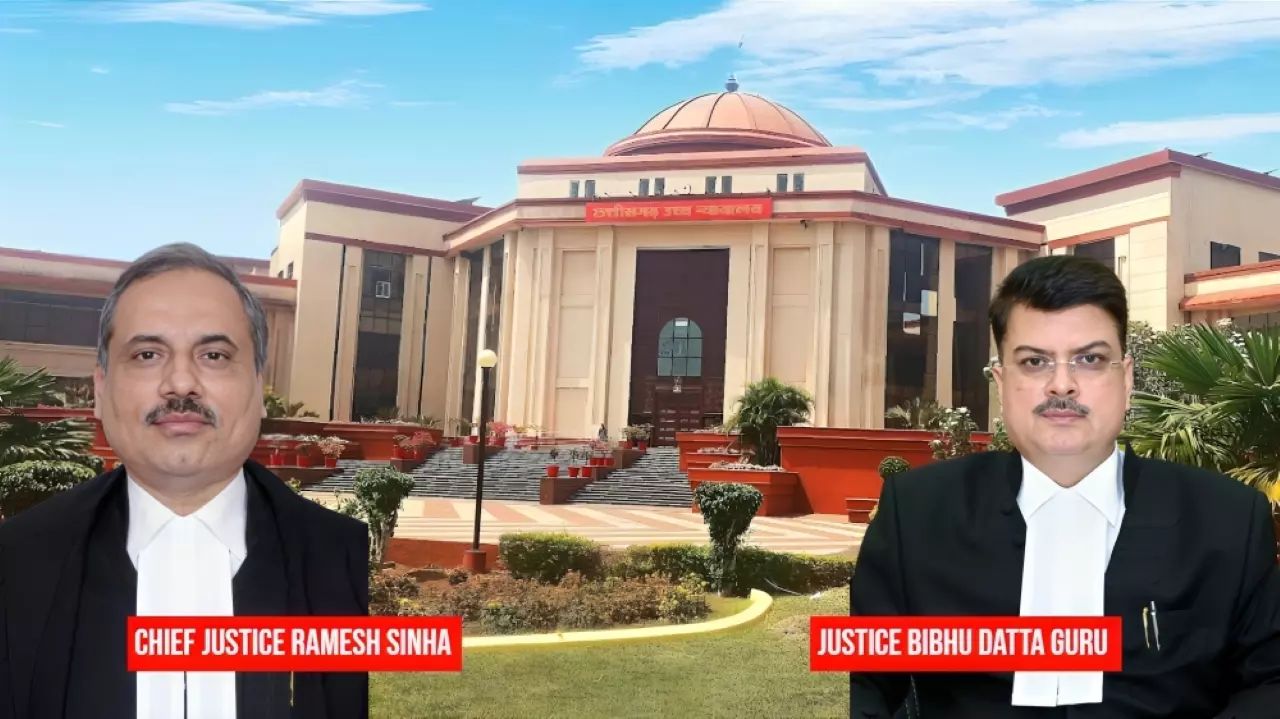Orissa High Court Slams Bulldozer Justice, Orders Rs 10 Lakh Compensation For Illegal Demolition

Thank you for reading this post, don’t forget to subscribe!
The Orissa High Court condemned the State for demolishing a community centre without due process. It termed the act “bulldozer justice” and ordered Rs 10 lakh compensation for the violation of citizens’ rights.
Cuttack: In a strong judgment delivered on June 20, 2025, the Orissa High Court criticized the State authorities for illegally demolishing a community centre without following the proper legal process.
The Court called this act an example of “bulldozer justice” and held that the demolition was carried out in clear violation of legal and constitutional procedures.
Justice Sanjeeb Kumar Panigrahi, while hearing a case related to the demolition of a ‘goshtigruha’ (community centre) built on grazing land (gochar land), observed that such actions by the State reduce the legitimacy of government institutions.
The Court noted:
“The use of demolition as a tool of enforcement, absent procedural compliance and judicial finality, transforms what should be a lawful act into a coercive one. It is not the bulldozer per se that offends constitutional sensibilities, but the ease with which it is deployed before the law has spoken its final word. In a system governed by law, force must follow reason, not precede it. Where the reverse occurs, the legitimacy of State action begins to erode, and with it, the credibility of institutions tasked with upholding the rule of law.”
The case arose when the petitioners complained that a community structure, which had been standing since 1985 and was reconstructed between 2016-18 using public funds from the “Ama Gaon Ama Vikas Yojana” and the MLA-LAD fund, was demolished without proper notice or legal process.
This centre had served as a key public utility for the villagers, and authorities had never objected to its existence for decades.
In fact, at one point, the authorities had even considered giving homestead land in exchange for the gochar land used for this community space.
However, the trouble began in July 2024 when the structure was declared as encroachment under the Odisha Prevention of Land Encroachment (OPLE) Act.
The villagers challenged this decision in the High Court, which asked them to file a settlement application under the OPLE Act. They did so, but their application was rejected by the concerned authorities. The villagers then appealed to the Sub-Collector.
During the appeal process, the High Court had specifically restrained the State from taking any eviction or demolition action. An order dated November 29, 2024, clearly told the State to wait until the appeal was decided. But despite this, a new eviction notice was issued on December 5, 2024.
The petitioners once again went to the High Court, which reiterated on December 13, 2024, that no eviction should be done until the appeal was decided.
Shockingly, on the very same day, the Sub-Collector passed an order for demolition. And just the next morning, at 10:00 AM, the structure was razed without giving the villagers any proper notice or time to respond.
ALSO READ: Illegal Demolition| “Respond to Contempt Plea”: Supreme Court to Rajasthan Authorities
The High Court condemned this act strongly, stating:
“The demolition was not preceded by the mandatory procedural safeguards, and was carried out despite subsisting judicial orders restraining such action. The petitioners were compelled to engage in multiple rounds of litigation, incurring legal expenses and enduring mental distress. This Court is of the view that the breach of judicial directions and procedural obligations, coupled with the manner and timing of the demolition, warrants public law compensation.”
The Court emphasized that this was not just a simple case of administrative error but reflected a deeper failure in the system.
It said:
“What makes the episode all the more concerning is not merely the breach of procedural safeguards, but the deeper disregard to constitutional process and institutional boundaries. The demolition did not occur in a moment of administrative necessity. It was not the outcome of a duly completed adjudicatory process. It was carried out while the matter was still under active judicial consideration, with the appellate authority having reserved its decision. No final order had been pronounced.”
The judge further stressed the importance of the waiting period between a hearing and the delivery of a final decision, saying:
“The space between a matter being heard and a decision being delivered is not an empty procedural formality. It is a phase in which the law is still at work.”
“The authority of the appellate forum does not vanish simply because it is silent for a moment. That silence is deliberate. It reflects the court’s duty to think, not the executive’s opportunity to act.”
The Court observed that when the State carries out demolitions during this interim phase, it shows a lack of respect for the judiciary:
“When the State proceeds to demolish a structure in that window knowing that the order has not yet been passed and that judicial scrutiny is underway, it raises a serious concern.”
The Court pointed out that such forced demolitions without due process of law violate the constitutional rights of individuals:
“Forcible dispossession of a person from their property, without adherence to due process of law, constitutes not only a violation of their constitutional right under Article 300A but also an affront to basic human rights.”
While the State tried to justify the demolition as a regulatory measure, the Court found that the way it was executed lacked any legal or moral legitimacy.
The judge remarked:
“The State may justify the demolition of the Gosthigruha as a regulatory action but its implementation lacked legitimacy.”
The Court noted that the demolition appeared to be done in a secretive and rushed manner, more like a covert operation than lawful public administration:
“The rapid and secretive nature of the operation, blatantly disregarding judicial restraint, suggests an impression of a covert operation rather than public administration.”
It added that the entire episode was not just about bringing down a building but about eroding the dignity of law-abiding citizens who trusted the courts for justice:
“Structures built with public funds, maintained for public welfare, and functioning without any recorded opposition for decades, were reduced to rubble in a span of minutes, without affording even the courtesy of lawful procedure. It is not the structure alone that has been demolished. It is the dignity of law-abiding citizens who sought protection not through confrontation but through courts. The executive is not merely expected to enforce orders, it is expected to wait when courts ask it to pause. That pause was wilfully ignored.”
The Court particularly criticised the actions of the Tahasildar, stating:
“His conduct in the case reflected a steady and conscious departure from the standards expected of a responsible public officer.”
In conclusion, the Orissa High Court allowed the petition and ordered the State to pay Rs 10 lakh in compensation to the affected villagers. Out of this, Rs 2 lakh is to be recovered in reasonable installments from the Tahasildar’s salary.
Additionally, the Court directed the State to initiate departmental proceedings against the Tahasildar and instructed the Chief Secretary of Odisha to issue detailed circulars to all revenue and municipal officers to strictly follow the Supreme Court’s demolition-related guidelines in the future.
Advocates Ninad Laud and LK Moharana appeared for the petitioners, while Additional Standing Counsel J. Sahoo represented the State.
Case Title:
Kumarpur Sasan Juba Gosti Kendra & Ors v State
Read Judgement:
Click Here to Read More Reports On Demolition






